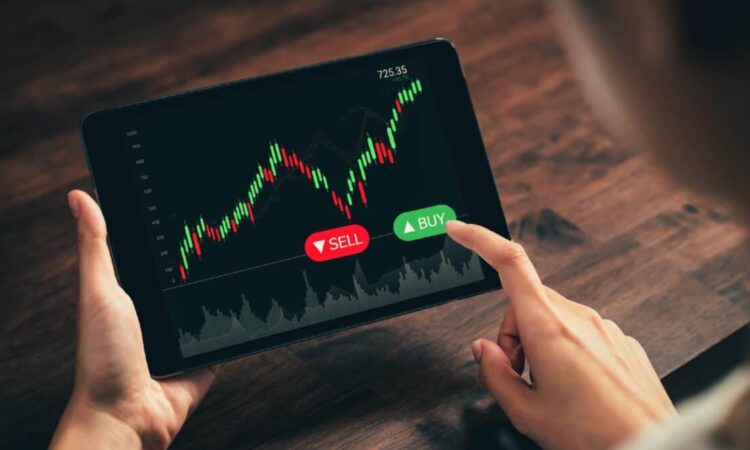

Image source: Getty Images
When a company has one-off spare cash to return to shareholders, it will typically do it in one of two ways. It might pay a special dividend, or it could do it via a share buyback.
And in 2023 so far, UK companies have bought back their own shares to the tune of a whopping £3bn!
Banco Santander (LSE: BNC) revealed a big buyback in September, joining NatWest Group (LSE: NWG), which is also hoovering up its own shares.
Why buybacks?
But why buybacks right now, and what difference might these make? The answer to the first question is all down to the share valuations, and both look cheap to me.
Santander
When its current share buyback is complete, Santander reckons it will have repurchased a full 9% of its own stock since 2021. So let’s work out what that might do for shareholders.
For 2021, the bank reported underlying earnings per share (EPS) of €0.47. Let’s suppose nothing else changes, and earnings remain constant.
By the time the share buyback is complete, there will be 9% fewer shares to spread the money across. That alone would boost underlying EPS to €0.58.
And the dividend per share would grow by the same proportion, if the bank pays the same cash amount.
The percentage boost on each year’s earnings will depend on what portion of the buyback is complete. But it looks like a decent boost, and it should have the same effect on all future years’ earnings.
NatWest
NatWest, meanwhile, has plans to continue with its 2023 share buyback programme.
In its Q3 update in October, the bank said “We expect to continue to generate and return significant capital via ordinary dividends and buybacks to shareholders over the medium term.”
In NatWest’s case, the buybacks have contributed to a solid CET1 ratio of a healthy 13.5%. And it expects that to stay at around 13-14%.
Not much has happened to the shares so far. We’re still looking at a weak price-to-earnings (P/E) ratio of under five. But then, a share buyback is a long-term thing, and I wouldn’t expect quick results.
And that low valuation shows the risks that banks still face right now, especially a bank that’s exposed to international corporate banking.
Buyback vs dividend?
So what’s my take on this? Should investors welcome a share buyback? With a view to the long term, I’d say a definite yes here, in both cases.
A one-off special dividend could give us a nice windfall. And, this year especially, when people’s pockets are really being squeezed, that could be quite a help.
A share buyback, by contrast, rarely has much effect in the short term. It should boost earnings and dividends per share, but we won’t see that right away.
Still, I invest for the long term. And I much prefer to see companies adopting long-term measures. So I’m a big supporter of share buybacks, in the right circumstances.





